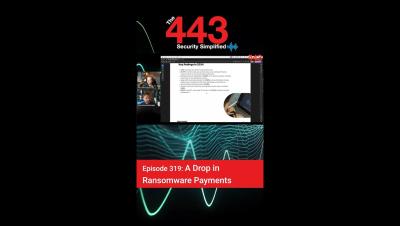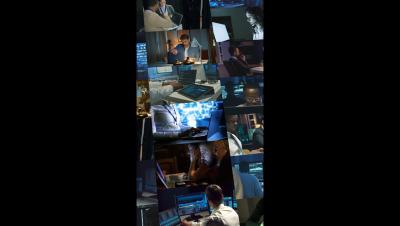WatchGuard Endpoint Security Excels in the 2024 Industry Awards and Reports
As businesses settle into the new year, managed service providers (MSPs) should thoroughly review and strengthen their customers' endpoint cybersecurity strategies. According to WatchGuard data, in Q3’2024, endpoint malware detections were up significantly. This is a 300% increase compared to Q2, highlighting the importance of strengthening security measures at this time of year.







